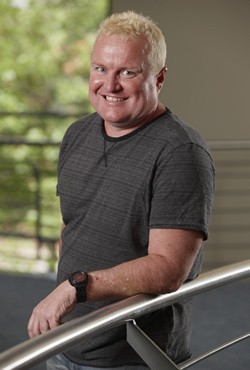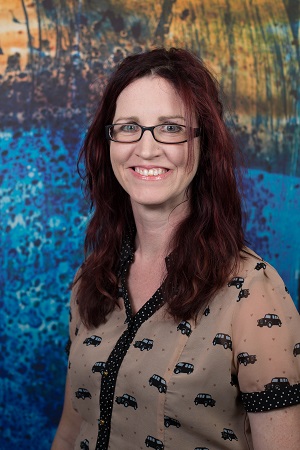Webinar: Mainstreaming Captions for Online Lectures in Higher Education in Australia
This webinar was hosted by ADCET and the Australian Tertiary Education Network on Disability (ATEND), in partnership with the National Centre for Student Equity in Higher Education (NCSEHE) in November, 2017. Presented by Mike Kent and Katie Ellis, Curtin University. The presentation reports findings of NCSEHE funded research assessing the usefulness of captioned recorded lectures as a mainstream learning tool.
Presenters

Dr Mike Kent is the head of department and a senior lecturer in the Department of Internet Studies at Curtin University. Dr Kent’s main research interests focus on the two overlapping areas of people with disability and their access to communications technology as well as tertiary and online education. He is co-author, with Katie Ellis, of Disability and New Media, (Routledge 2011), and co-editor (with Tama Leaver) of An Education in Facebook? Higher Education and the World's Largest Social Network (Routledge, 2014). His current research includes the forthcoming books Massive Open Online Courses and Higher Education: Where to Next? (Routledge) with Rebecca Bennett and Chinese Social Media Today: Critical Perspectives (Routledge) with Katie Ellis and Jian Xu.

Associate Professor Katie Ellis is Senior Research Fellow in the Department of Internet Studies at Curtin University and the convener of the Curtin University Critical Disability Research Network. She has worked with people with disabilities in government, academia and the community and has convened disability research advisory panels. She has authored and edited nine books and numerous articles on the topic, including an award winning paper on accessible learning platforms for students with disabilities and how these can be effectively used by mainstream students. She began a Discovery Early Career Researcher Award (DECRA) in 2013 to investigate the impacts of the changing television environment on the social inclusion and exclusion of people with disabilities.

